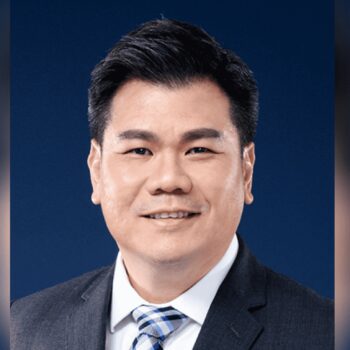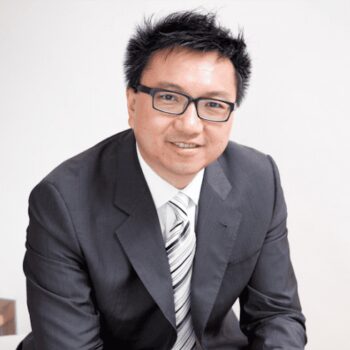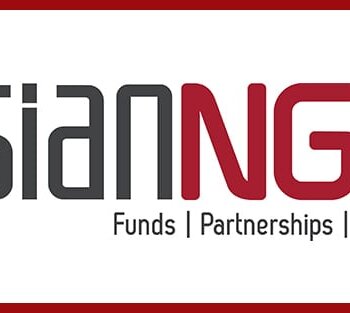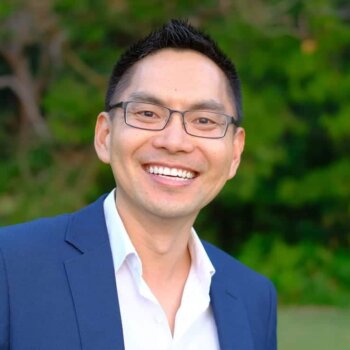A CEO’s pride and determination can be a company’s greatest asset or its greatest weakness. So how does a company ensure that it functions as the former and not the latter? Open sourcing—and becoming a more open organization—might be part of the secret.
In many small, privately held Japanese companies with which I’ve worked, the CEO or company owner wants to gather all the information, control that information, and make decisions on his own. He wants total power over any situation. In the early years of the business (when it’s very small), this management method can actually be effective. Simply put, during those early years, CEOs tend to put much stock in the saying, “If you want something done, do it yourself.” But as the company grows in size and complexity, this method slowly loses its effectiveness.
A CEO cannot continue to observe every front-line activity and make decisions on what he or she sees, as one person cannot observe everything. Also, specialty expertise a CEO does not have may be required in certain situations. More appropriately: In a more complex environment, a CEO should be saying, “If you want something done, find a trusted person with the skills, experience, and desire to do it. I am only one candidate.”
Open sourcing might be the most efficient and cost effective way to help CEOs curb their egos and ensure that they leverage the best talent at their disposal.
Let’s talk about ego
Having a strong ego isn’t all bad. Ego sparks one’s drive to invent products, and, very often, that’s how businesses start. Ego drive encourages achievement. It gives people the nerve to try new things. It helps us overcome setbacks. CEOs with strong egos are decisive, courageous, and set strong goals. They often have clarity of direction and focus as well.
But executives might not have the expertise or experience to make the highest-quality and best decisions. For example, their particular backgrounds might not give them the ability to evaluate certain proposals effectively. They may not be in a position to gather enough or appropriate information to decide on specific issues. And if they’re too proud to admit this, then they may not seek the advice they need. And because they hide information and do things without consulting others, they could lose trust in people—and people lose trust in them! A loss of trust could lead to other losses as well, like missed opportunities from front-line, open discussions. This leads to front-line disengagement.
Some warning signs
Four warning signs can expose an executive with a destructive ego that’s keeping an organization from opening up.
Making improper comparisons
Some people are constantly comparing their ideas to those of others. Making comparisons to others in order to learn—that can be worthwhile. But comparing in a competitive manner, or doing so in order to bolster one’s own ego, might not be. Comparing ideas competitively might cause a CEO to miss opportunities that customers are signaling. When the desire to have the “winning” idea gets too strong, one might set inappropriate goals, set goals that are too lofty, or even set goals that are too “safe” (but guaranteed to reach the mark).
Leaders who must compare should compare their present selves with an image of themselves in the future, rather than comparing themselves immediately with others. They need to let the best ideas win.
Being defensive
Leaders should defend their ideas and opinions with sound reasoning, and accept other ideas presented with similarly good reasoning. They needn’t defend themselves personally. In open organizations, debate should focus on ideas, not people, but having an ego that’s too strong might prevent someone from doing that.
You’ll know you’re too defensive when your pride or reputation is your primary consideration when you’re making an argument, not solving the problem with the best solution. If you are giving single-solution directives rather than encouraging options, you’re being too defensive.
Even though hearing opinions that differ from yours can be difficult, the truth is always better than statements exaggerated, understated, or just plain incorrect.
Being the center of attention
When leaders constantly place themselves “at the center,” they risk blocking out information and ideas from others. But those others may have key information needed to solve a problem! Open discussion and collective intelligence outperform the brightest individual nearly every time.
With time and experience, confidence grows. The more we know, the more confident we become. When our confidence increases to the point where we think there is little more to learn, we close the door to listening and learning. We become less open.
Craving acceptance
Leaders need to remember that people who resist or reject their ideas are only rejecting those ideas, not leaders as people. Everyone should have the right and opportunity to attack your ideas—while at the same time praising you as a person.
Leadership is best reserved for those who don’t crave acceptance from others. When we must have the acceptance of other people, we tend to “play it safe,” hold back, and take fewer risks. And this, in turn, makes us weaker leaders.
Becoming more open
Step 1: Emotional maturity
Achieving emotional maturity is the first step toward curbing a destructive ego, because, if successfully achieved, it will open the mind, increasing one’s ability to listen and learn. This maturity allows us to temporarily suspend our opinions and encourage discussion and debate in the best interest of the business, not only ourselves.
Yes, CEOs must understand that they know a lot—but not everything. They must be willing to look objectively at situations and find ways to confirm an organization’s situation. This involves finding a difficult balance: When should I ask questions and get information? When should I decide and execute on a decision? When should I stop and listen? When should I talk? To create more open workplaces, we must do what we can to help leaders find this balance and remind them that they don’t know everything.
Step 2: Curiosity
Once we’ve created an open-minded atmosphere, we require a certain curiosity to actually explore others’ ideas. Leading with questions (not answers) can prevent us from holding too tightly to our own ideas and beliefs. If we are truly curious, our satisfaction with the status quo is actually quite temporary. We soon want to learn, to advance further. We are never finished. We must convince our leaders that they should hold back their opinions while they explore other important possibilities.
Step 3: Determination
Determination is what helps us close the gap between what we think is right and what is really right. But over-determination can lead us to act in blind faith. We must convince leaders that times do change. Insist that your leaders continually confirm that their strategies and beliefs are still most effective and true in the current environment.
Conclusion: Becoming more open
After a leader effectively keeps her or his ego in check, where does he or she begin delegating decisions and problem solving? To find the answer to that question, one must simply explore where value is created. The people involved in creating value are the people who should be most involved in the decision-making process. Having maturity, curiosity and determination, our newly-open CEO should be willing to open up that decision-making process and give decision making power and trust to those individuals, whether within the company or outside. The leader’s role should be to support those people and groups, and to create an environment in which they can come up with the solutions that best suit their immediate situations, and the company as a whole—not an environment that lets the CEOs ego spiral out of control.
_________________________________________
About the Author
This article was written by Ron McFarland of OpenSource. Rory has been working in Japan for 40 years, and he’s spent more than 30 of them in international sales, sales management training, and expanding sales worldwide. He’s worked in or been to more than 80 countries. Over the past 14 years, Ron has established distributors in the United States and throughout Europe for a Tokyo-headquartered, Japanese hardware cutting tool manufacturer. More recently, he’s begun giving seminars in Japanese to small Japanese companies wishing to expand both their exports and overseas investments. Also, he has been involved in supporting foreign companies interested in entering the Japanese market. You can find him on LinkedIn. See more of his work.





























